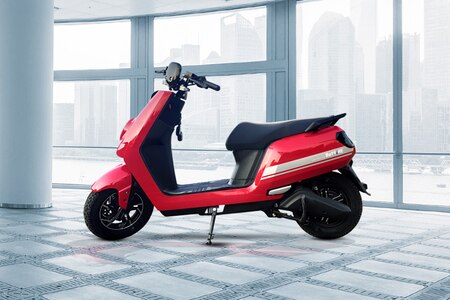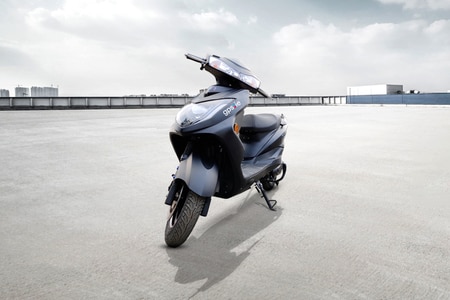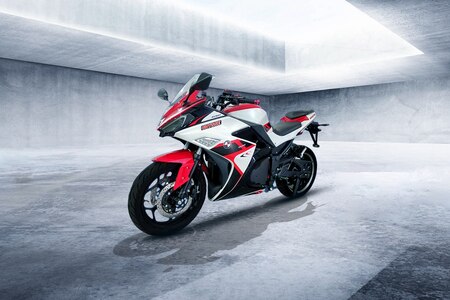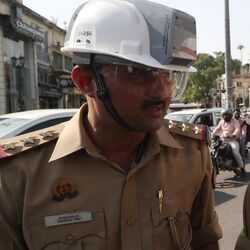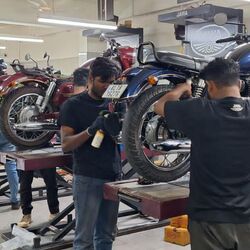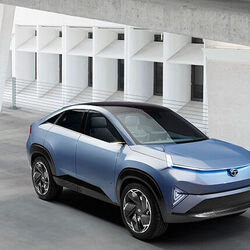Log9 Materials reveals first made-in-India battery cell line for EVs
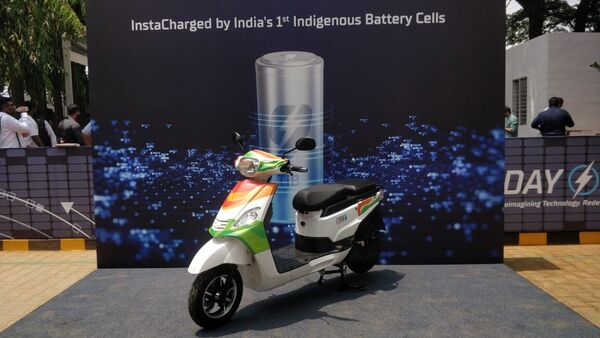

Bengaluru-based start-up Log9 Materials has revealed the first made-in-India battery cell for electric vehicles. The indigenously-developed battery cell has been locally built by the company and will be utilised in making locally-built battery packs that power electric two-wheelers and three-wheelers. The move should see electric vehicle prices witness a significant reduction in costs, considering the battery pack contributes a healthy 40-50 per cent to the EV’s overall cost.
Log9 Materials is the first component player in the country to locally produce a lithium-ion battery cell, which is currently imported into the country. The company will be running a pilot production program in the first year to test and refine the battery cells, while also supplying to its OEM partners for real-world application. The production capacity stands at 50 Megawatt hours (MWh) per year and the company is capable of producing battery cells in different sizes including 60200 (pictured below), 18650, 21700 and more.
Also check these Bikes
Also Read : Full charge in 15 minutes? Hero Electric partners with Log9 for fast charging EV battery
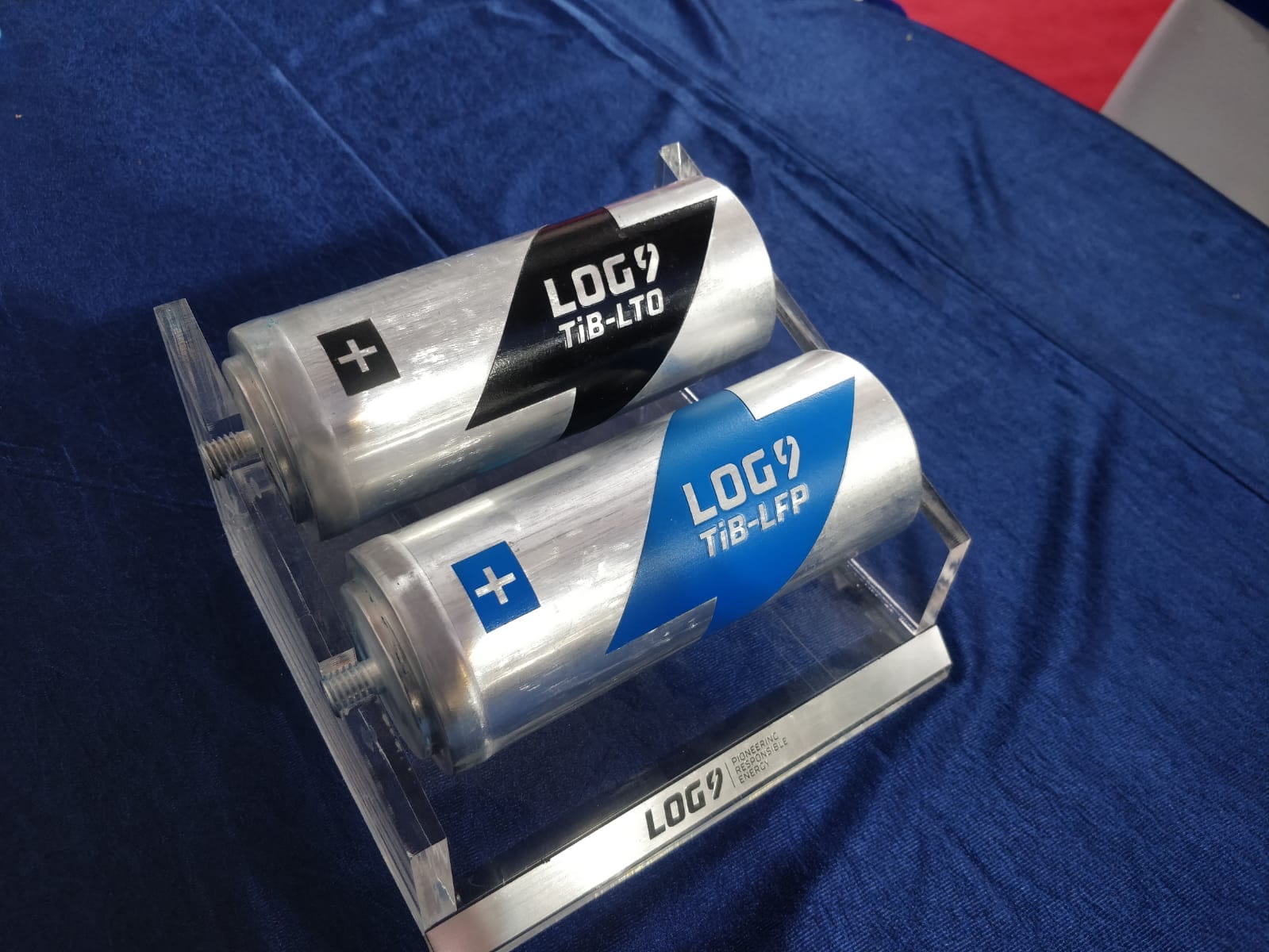

Log9 says the locally developed battery cells will help reduce the overall cost by about 40 per cent and efficiency losses by 50 per cent. However, the automaker is still far from achieving the desired economies of scale to pass on the cost-benefit to the customers. Log9 will initially aim to build vehicles for its battery packs and R&D, while it also aims to expand production with a new and larger 1 Gigwatt hour facility in the future.
The company has also developed its own Battery Management System (BMS) to maximise ‘Charvik’ to maximise efficiency and longevity from the battery cell. Log9 unveiled LTO (Lithium Titanate Oxide) and LFP (Lithium Ferro Phosphate) battery cells that the company plans to make.
The former promises higher stability and up to 40,000 charge cycles with a life span extending up to 40 years, while also capable of supporting rapid charging. Meanwhile, the LFP battery cells will be capable of fast charging and are stable over wide temperatures between -30 degrees to 60 degrees Celsius.
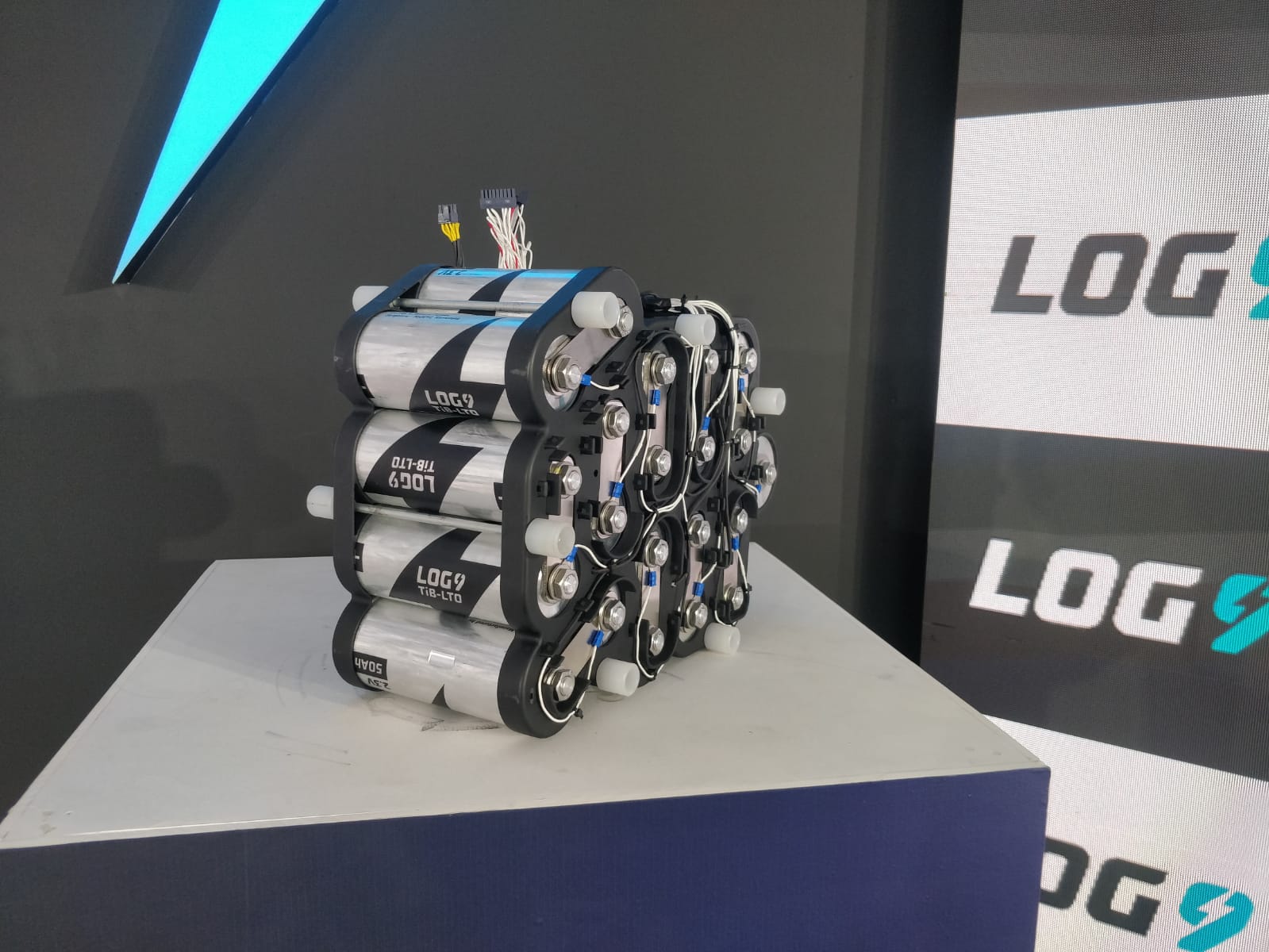

The arrival of locally built battery cells is a big push for the electric mobility sector. With batteries costing a significant chunk of an EV’s asking price, the indigenous battery cells should trim cost levels by a significant margin. The Log9-developed battery cells are still some time away from commercial production and will take a few more months to complete testing before being rolled out for use. The company is building its own ecosystem partnering with electric vehicle manufacturers as well as motor and controller makers.







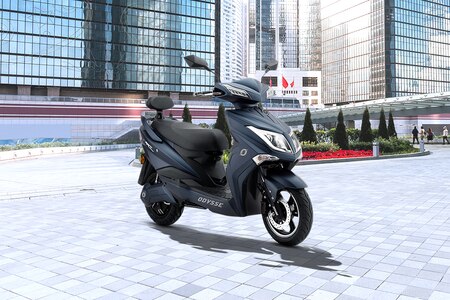
 2.96 kWh
2.96 kWh 170 Km
170 Km
